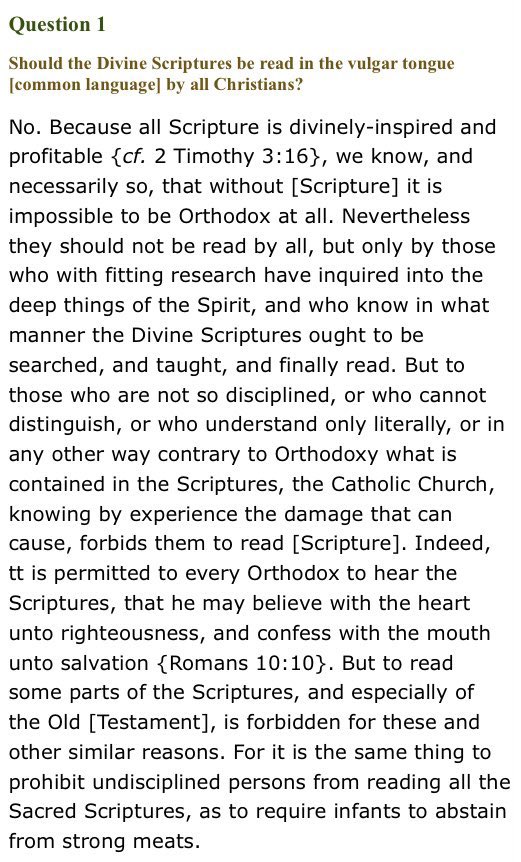Counter thread:
This is precisely the sort of out-of-context patristic citation/misrepresentation that drives me up the wall with Romanists, but also with Protestants.
Augustine is not writing contra the cult of the saints, unless you want to accuse him of being two-faced.
This is precisely the sort of out-of-context patristic citation/misrepresentation that drives me up the wall with Romanists, but also with Protestants.
Augustine is not writing contra the cult of the saints, unless you want to accuse him of being two-faced.
https://twitter.com/potamopotos/status/1505207961098014721
Augustine is, rightly, reserving divine worship for God alone.
The veneration of the saints is not divine worship in Augustine’s eyes.
Augustine makes clear the distinction in Sermon 273, see attached images.
This is standard stuff; saints aren’t worshipped as gods.

The veneration of the saints is not divine worship in Augustine’s eyes.
Augustine makes clear the distinction in Sermon 273, see attached images.
This is standard stuff; saints aren’t worshipped as gods.


To further drive home the point, here’s Augustine in his Treatise Against Faustus 20.21, where he specifies that Christians honour the saints but do not give them divine worship.
You’ll note that for Augustine the honour given to the saints is not merely celebrating their memory.
You’ll note that for Augustine the honour given to the saints is not merely celebrating their memory.

Here’s Augustine in Sermon 335 on a feast of unnamed martyrs, where talks about the devotion of the faithful to the martyrs, and how it is not worship.
The second image is of sermon 360, where he tells us that a Christian emperor honours Peter at his tomb in Rome.

The second image is of sermon 360, where he tells us that a Christian emperor honours Peter at his tomb in Rome.


Here’s what he says in sermon 317 and in his 212th letter.
In the latter, he commends two women who were carrying relics with them.

In the latter, he commends two women who were carrying relics with them.


In his Confessions (5.8.15) he speaks about his mother who spent a night at the shrine of Cyprian.
This is a well-known practice in the cult of the saints.
This is a well-known practice in the cult of the saints.

Here he is in sermon 302 on Saint Laurence, speaking about the martyr’s merits relevant to the requests of those praying at his shrine. 

Sermon 316 on St Stephen, where Augustine specifically talks about miracles wrought by his relics, and explicitly prays to/invokes both Stephen and the apostle Paul: 



Augustine in his City of God (22.8) relating a story of a man who prayed to 20 martyrs at a local shrine, and sermon 293 on John the Baptist. 



I could give many more examples, but this would be tedious and, I think, unnecessary.
The point I’m trying to make is simple; it’s be honest with the historical data, and not try to construct narratives that ignore vast portions of it.
The point I’m trying to make is simple; it’s be honest with the historical data, and not try to construct narratives that ignore vast portions of it.
• • •
Missing some Tweet in this thread? You can try to
force a refresh





